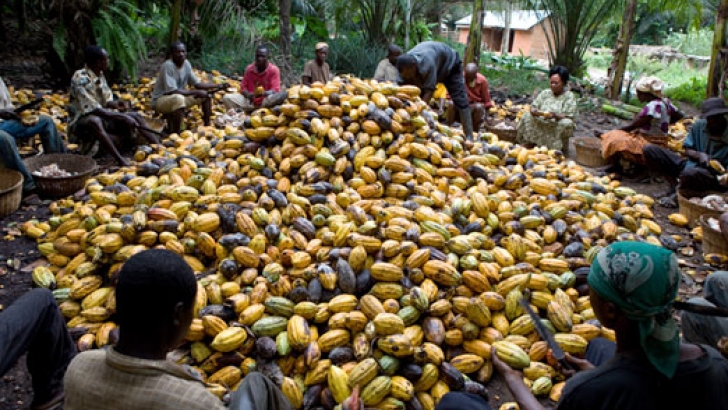Cocoa Exporters Association of Nigeria has cried out saying that 100,000 tons of cocoa beans are trapped at the various ports due to a CBN documentation approval, which forces exporters to ensure that sales from export are repatriated to Nigeria. Pius Ayodele, President of the Cocoa Exporters Association of Nigeria said this in a report carried by Bloomberg. He added that the approval process could take as much as 40 days from CBN.
A Cocoa industry stakeholder told Bloomberg that CBN paused exports for over 2 weeks to ensure exporters complied with the new rules, “We have five containers at the ports, some of which have left the factory for well over two months now. According to Bamidele Ayemibo, the Lead Consultant at 3T Impex Trade Academy, “The central bank is just enforcing what has always been in the books, which is don’t export without a declaration. People are exporting without a declaration.”
However, exporters said they are not against the rule, but against the bureaucratic nature of the ruling, as shipping lines can’t enforce the law and are better operated through inspection agents. Nigerian Export Promotion Council had said “Agricultural exports, especially cocoa, are predicted to suffer. A fall in exports of over $100 million in the cocoa sector in Nigeria is predicted, as a result of declining prices due to falling demand in Europe.”
In October, the Central Bank of Nigeria (CBN) started the distribution of cash and inputs to cocoa farmers under the Anchors Borrowers Programme. Cash and inputs worth N770 million were distributed to 221 cocoa farmers in 10 cocoa producing states in Nigeria. Nigeria is the fourth largest exporter of cocoa beans globally, behind Cфte d’Ivoire, Ghana, and Indonesia, according to the Nigerian Export Promotion Council. Cocoa exports in Nigeria is projected to grow annually by 4% in the coming years.

